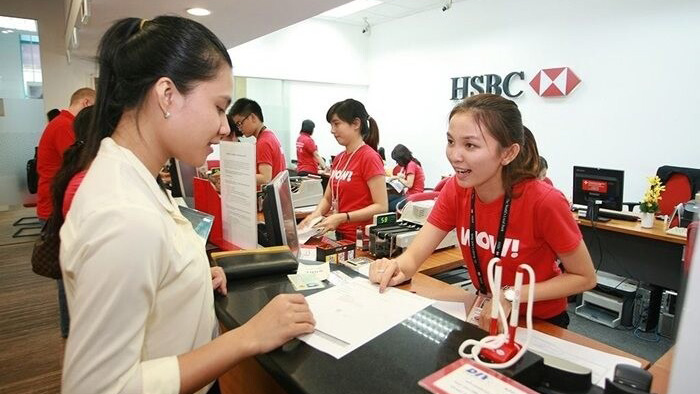HCMC – After a very tough few months brought on by severe lockdowns, the Vietnamese economy is finally on firmer ground, according to Tim Evans, CEO of HSBC Vietnam.
The PMI, which reflects confidence, ticked up to 52.2 in November, signaling a second successive modest improvement in business conditions following a period of decline caused by the fourth Covid wave that started in April.
Activity has picked up over the last few months and confidence is slowly returning, though challenges remain around getting workers back to factories. Vietnam’s supply chain recovery has been impacted by the widespread labor shortage, particularly in labor-intensive sectors.
That said, new export orders have started to stabilize, as manufacturers are catching up with their backlogs. Price pressures have also eased over the past month as raw material prices have begun to cool.
“Whether we are about to embark on a strong return to sustained growth remains to be seen. As a result of the easing of production disruptions and pent-up pressures in global supply chains, we are starting to see a bounce, but we need to be mindful of any slowdown in export growth as developed markets start to move consumption from goods back to services,” Evans said.
Tourism was a key and growing contributor to Vietnam’s economic performance prior to Covid. This revenue engine has fallen silent over the past 24 months, but as the Delta wave gradually subsides alongside increasing vaccination rates, discussions are starting about potentially relaxing some travel restrictions and gradually re-opening borders.
“I would like to touch upon the two areas that are important to Vietnam in a world post Covid to make sure Vietnam’s banking and finance industry will reap complete potential from opportunities. These are sustainable finance and digitalization,” the HSBC CEO said.
Sustainable finance
The year 2021 saw positive progress in Vietnam’s green market with more landmark deals related to sustainability. However, the green finance market is still in its early stages and projects vast potential.
Vietnam receives the most FDI in ASEAN as measured by the percentage of GDP. Given the increasing focus of global companies on environmental, social and corporate governance and sustainability, they are demanding more and better quality sustainable resources in the countries they operate.
In particular, Vietnam has seen the highest level of investment in renewable energy across ASEAN and offers the best potential for renewable capacity addition across ASEAN, with foreign investments driving growth.
Digitalization in banking sector
The year 2021 was a key milestone for the banking sector in digitalization progress; the sector enjoyed favorable conditions to grow. These include a young, tech-savvy population that drives the demand for fintech solutions, which are set to mushroom with good digital infrastructure, including almost full 3G/4G network coverage and a large number of smartphone users.
McKinsey’s Personal Financial Services 2021 survey showed that the penetration rate of fintech and e-wallets in Vietnam increased from 16% in 2017 to 56% in 2021. Besides, according to Ernst & Young, 42% of Vietnamese banks are ready for the digital transformation process, while 28% have incorporated a digitalization strategy into their business.
What makes 2021 important is that Covid-19 has been a catalyst that helps Vietnam accelerate the digitalization of the economy, especially the banking sector.
When the first lockdown happened in April 2020, people realized the importance of internet banking and other online services. According to Ernst & Young, approximately 85% of consumers use e-commerce apps on smartphones to shop for goods and services at least once a week, and 44% of shoppers have purchased goods and services on social channels since the pandemic began.
Many experts believe that digital transformation will be the key driver for economic recovery and development.
The HSBC Global Research team believes that the Vietnamese economy should get back to a GDP growth of 6.8% in 2022 which will be driven by a return to strong FDI investment into the market with a clear focus on the manufacturing sector. This is expected to further drive the Vietnamese export story, especially as free trade agreements that have been signed over the past two years start to bear fruit.











